Mastering healthcare conversations
This page will give you tips and tricks that will help you have productive conversations with your healthcare team.
Getting a diagnosis of prostate cancer can be overwhelming. You will meet many different healthcare professionals on your journey. Going along to a healthcare appointment can make many people feel anxious. But, there are many things that you can do to prepare yourself.
This page will:

Watch this short animation to learn more about some of the healthcare professionals you may meet along your prostate cancer journey.
Psychosexual and relationship counsellor:
A psychosexual counsellor helps people with sexual and relationship problems.
You may be able to access a psychosexual counsellor through your healthcare team.
Visit our Living with Side Effects page for more information.
Clinical psychologist:
Psychologists help people to deal with the psychological and emotional aspects of health and illness.
They can also support people with a range of mental health conditions including anxiety, depression and stress.
Some hospitals will have a psychologist attached to their cancer team.
Ask your healthcare team for more information.
There are a few reasons why you may not see the same healthcare professional at each appointment.
There are many things that you can do to make your appointments less stressful.
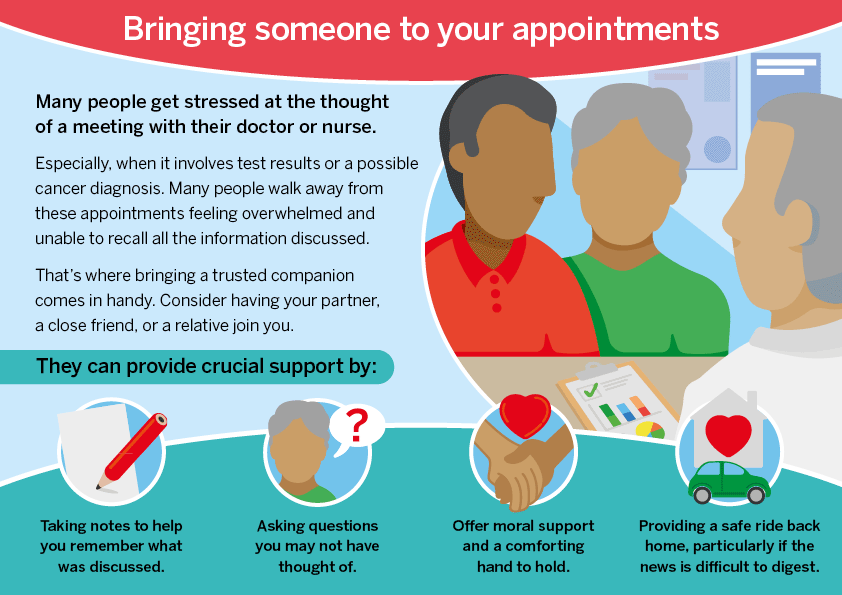
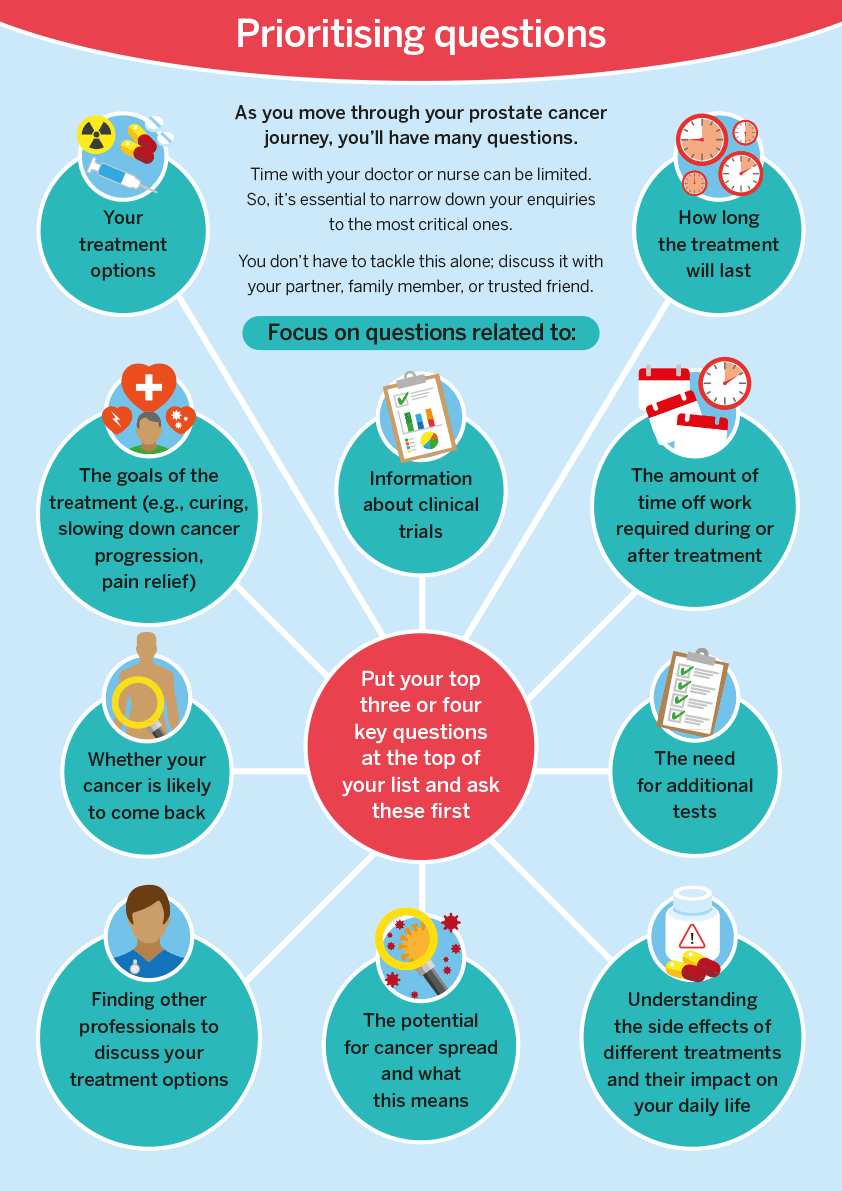
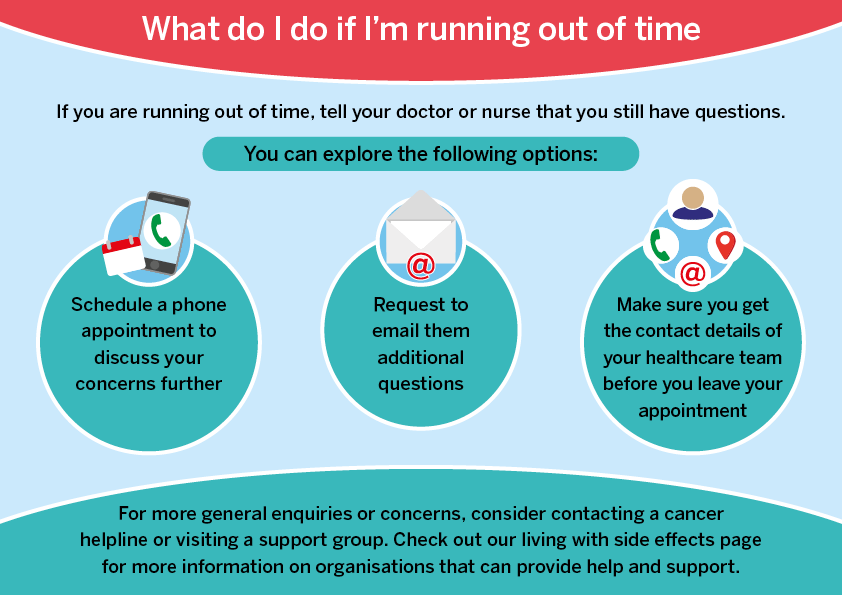
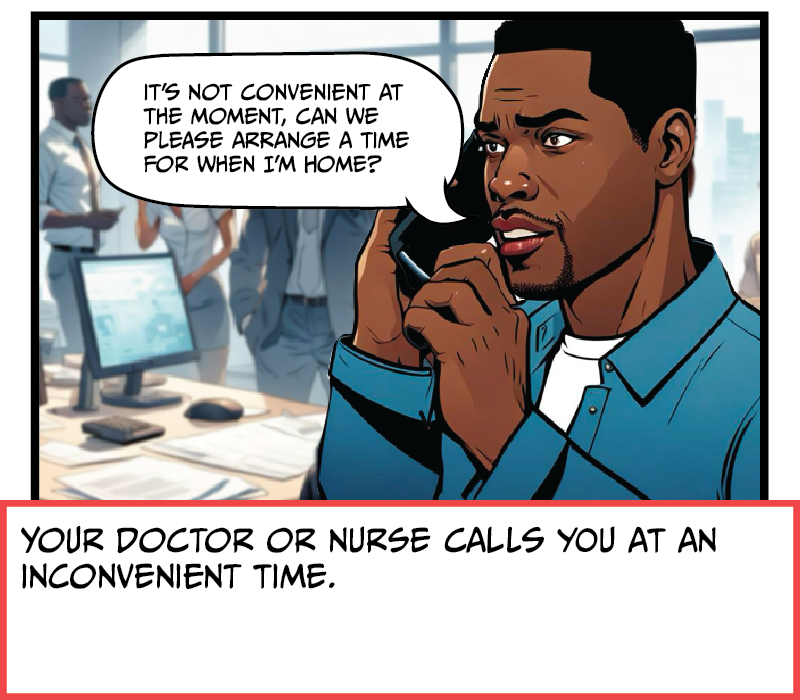
If it’s not convenient for you to talk, say so. Arrange a mutually convenient time and date for a call back when:
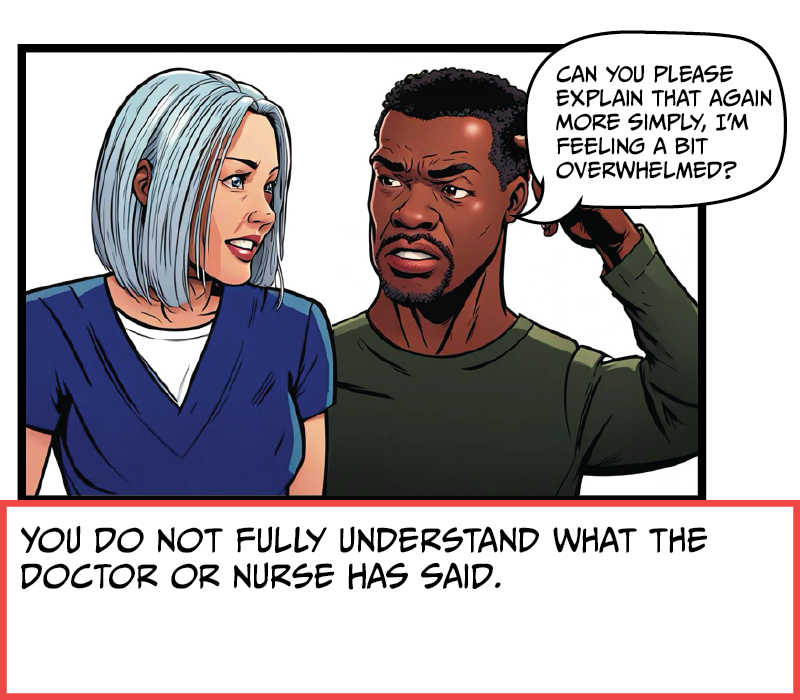
You can say that you are finding it hard to take in all the information.
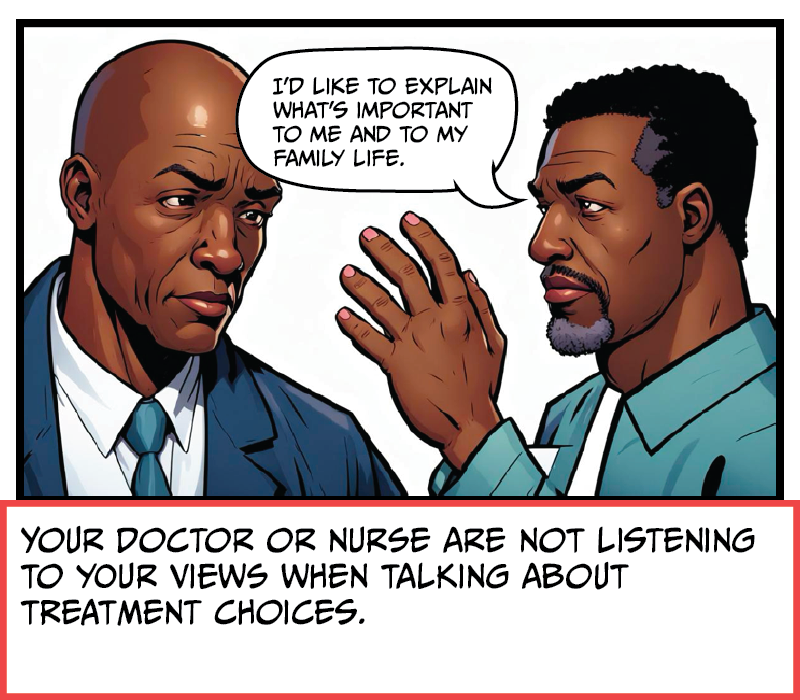
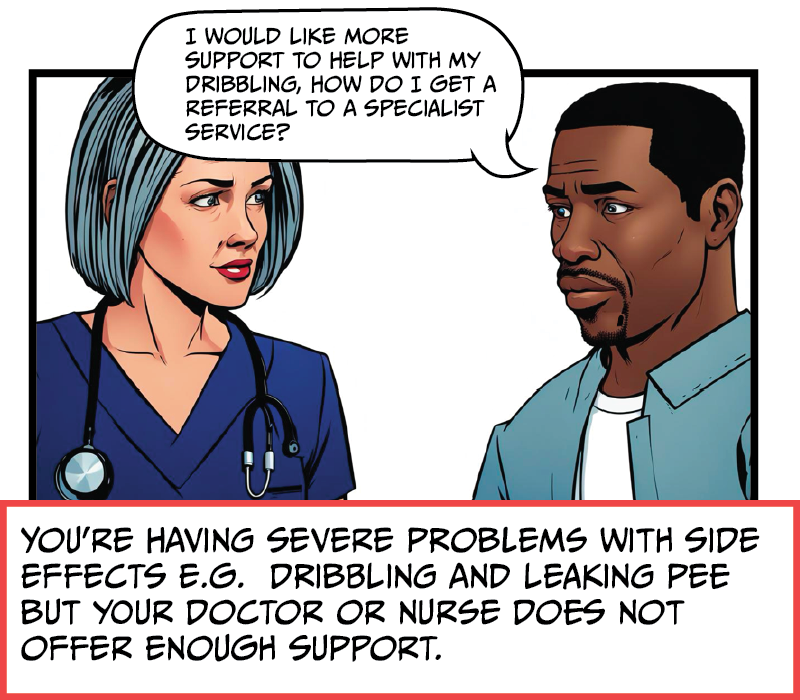
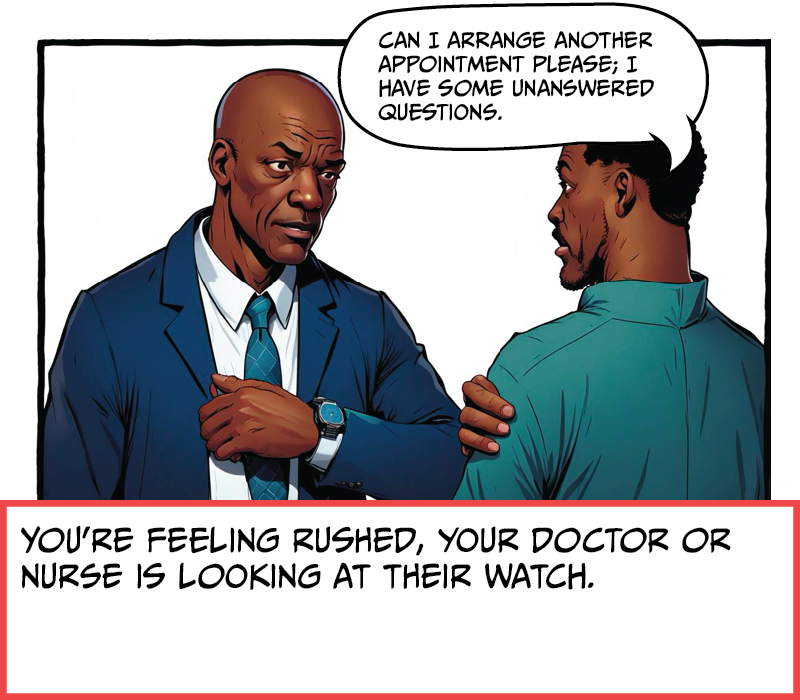
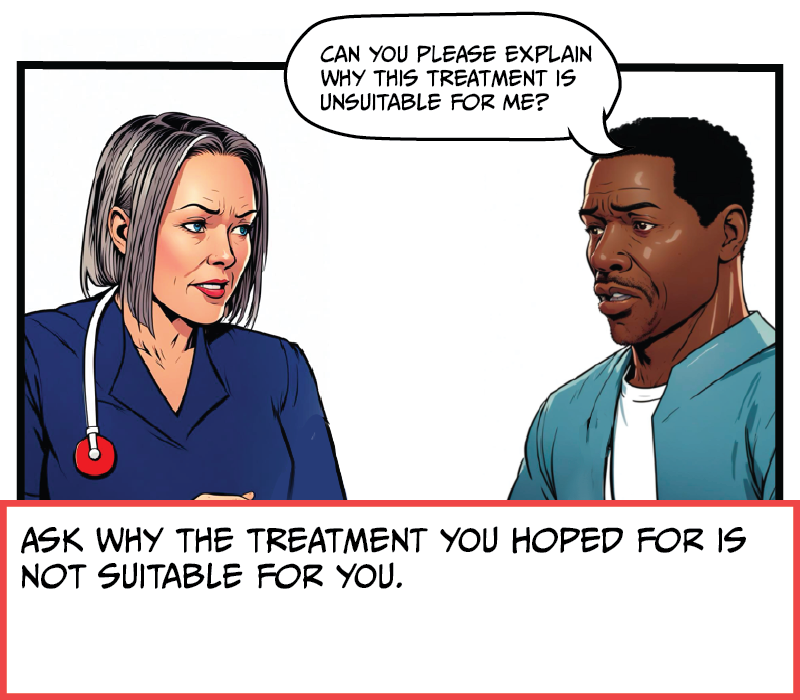
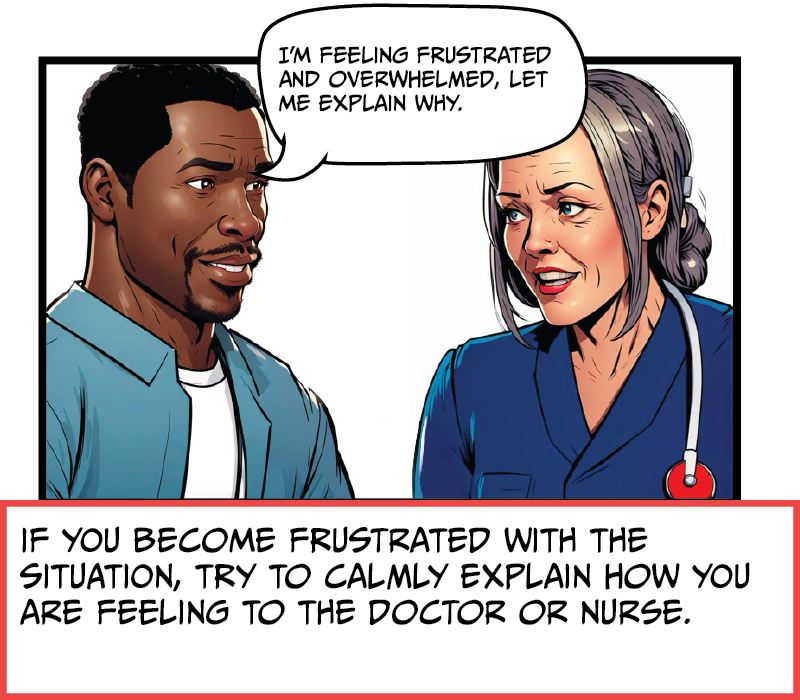
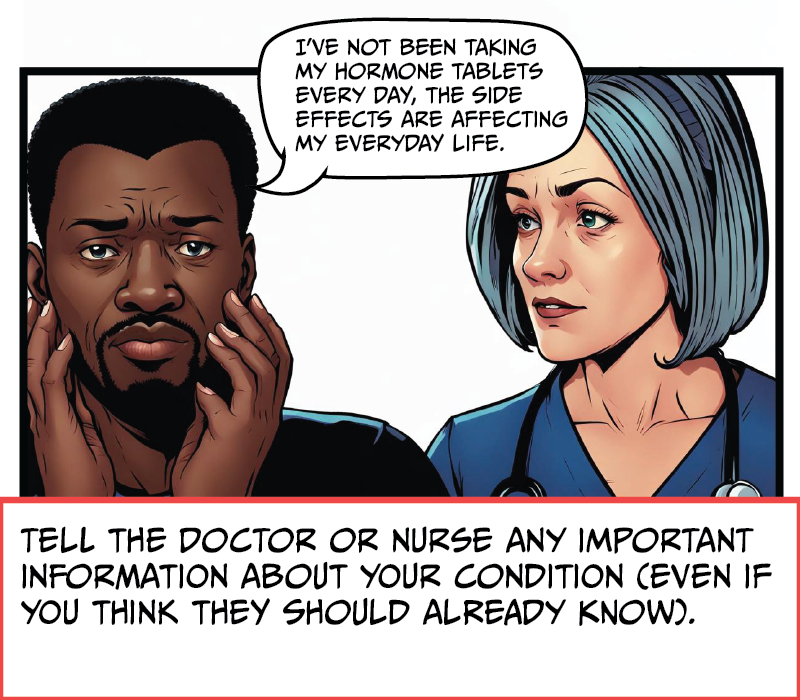
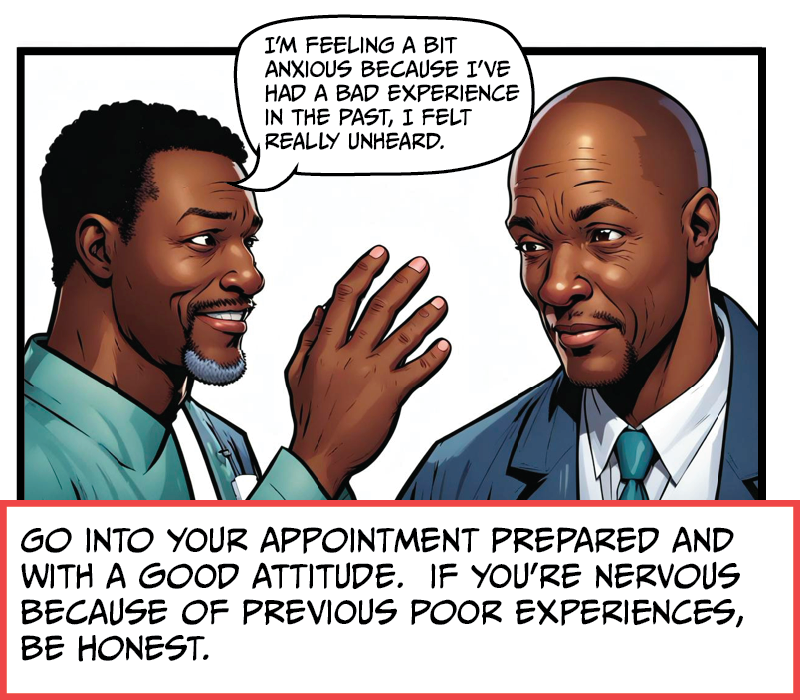
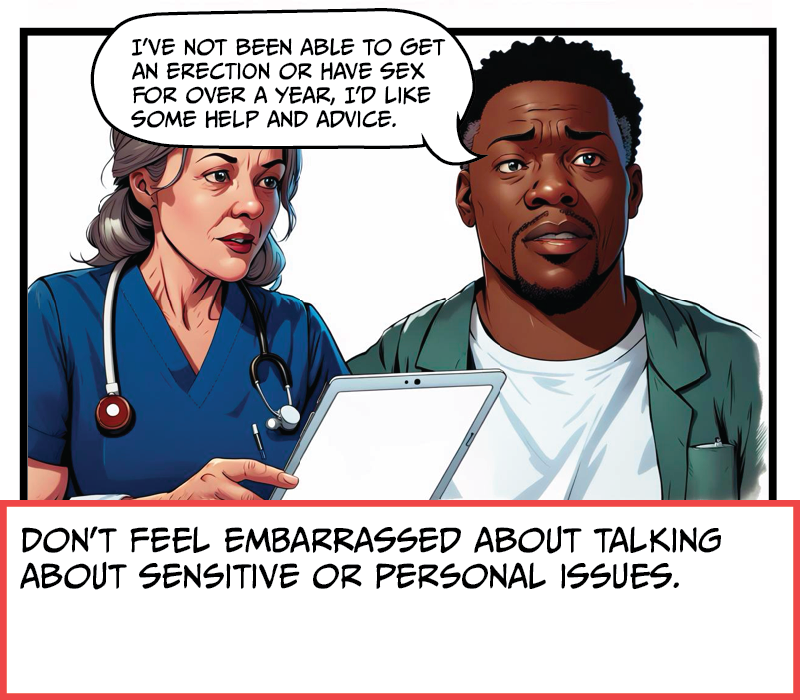
The toolkit is an information resource for people affected by prostate cancer. The development has been funded through an educational grant from Advanced Accelerator Applications (A Novartis Company).